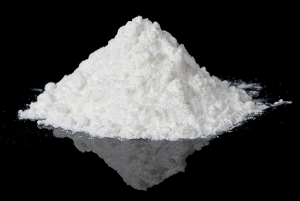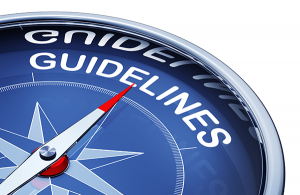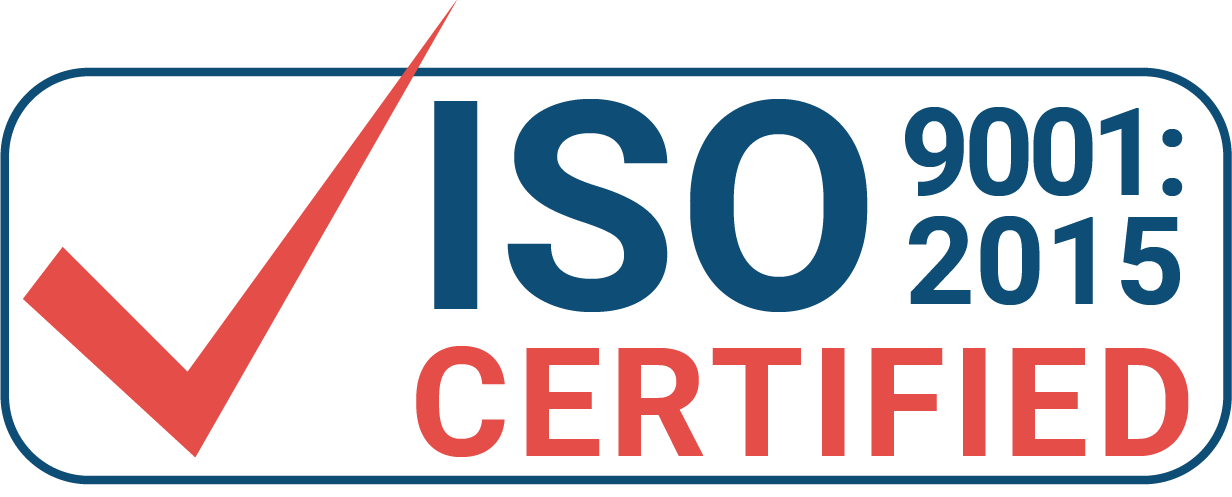10 Criteria for Gauging the Long-Term Compatibility of New Organometallic Suppliers
Even in the specifications-driven chemical commodity markets, price cannot be the sole deciding factor when selecting a new organometallic supplier: the stakes are simply too high.
Of course, price is a necessary qualifier. But the specifier is entering into a commitment that typically goes on for years — and decisions made early on become more tightly “locked in” at each development milestone.
This article is to help you enter into — with your eyes wide open — a highly productive relationship with a new chemical supplier. Here are 10 steps to qualify and access your new organometallics supply partner:
- Increasingly stringent purity standards
Needless to say, your purity specifications must be met — now and forever — no matter what. In the high purity fine and specialty chemicals markets, purity can be measured out to 3, 4, or even 5 decimal places. What are their metrology capabilities?
Ask how you new supplier handles requests for higher purity standards than they’ve previously delivered. And what programs they have in place to continuously manufacture to those new, higher standards.
- How to quantify their level of service?
Everyone says they have great service. So here are some pointed questions to ask a potential chemical supplier:
- How quickly can I expect your sales reps to respond to my inquiries?
- How knowledgeable is the sales staff about the R&D and production development process?
- How, specifically, will your company move from the R&D stage of the custom synthesis of metal-organics to the milestones for the required production quantities?
- How will any questions I have regarding compliance, accounting, packaging, and shipping be resolved?
All aspects of the business should be considered when creating an impression of the supplier: from the very first phone call to each subsequent interaction.
- Is the supplier ahead of the regulatory curve?
What procedures and practices does the supplier already have in place to ensure the company is up-to-date with the latest regulations? Specifically, how are they being proactive? For example, do they do early implementation of new regulations, in advance of the compliance deadlines?
Staying ahead of the regulatory curve is just smart business: It can uncover any unanticipated glitches and make the rollout of the new compliance procedures go smoother. It also reduces your company’s risk exposure when you partner with a company that’s a leader in environmental, health, safety & sustainability (EHS&S).
- Is in-depth technical expertise readily provided?
Conversations about sophisticated chemical compounds and their synthesis processes can quickly reach a point where neither the purchaser nor the sales person feels comfortable — the technology experts must be brought in.
How is the potential supplier able to connect your experts with their experts? Will this happen via email, Skype, or another means? For example, how quickly can their subject matter experts be scheduled for conference calls? Will your compound have a on-site project manager and do they have ready access to the same experts?
Note the reactions to your questions: Does your contact sound like they’re engaged with their technical experts? Or are they just a middle-man who knows only to “buy cheap and sell high”?
- Do your metal-organics come with a warranty?
Specifically: what happens if your current shipment doesn’t pass your quality test? Is the supplier willing to work out a replacement or a return process? How long a timeframe is allowed for product testing? How quickly will replacement material be shipped?
- Exactly how flexible is your organization?
Find out if your potential supplier is flexible enough to meet your company’s changing needs:
- Can you adjust your requirements for purity, packaging, destination point, and delivery schedule? What if the order has already been placed?
- Are the suppliers’ employees empowered to make abrupt changes on-the-fly, or do such decisions have to be passed on to the executive level every time? Do you have access to this level?
Remember: a true partnership is tested not when everything goes smoothly, but when there are bumps in the road.
- How can the supplier demonstrate transparency?
This criterion is fundamental to developing trust in your relationships. The more you know about your suppliers, the more secure your relationships will be.
Issues such as the price structure (raw materials, transport costs, flexible/fixed costs, etc.), equipment utilization, manufacturing capacity, portfolio profitability, and preferences — are just a few aspects.
- Can you independently verify the supplier’s reputation?
There is nothing wrong with a brand new supplier offering high quality products at attractive prices, but it is good to know if you are their first customer for your type of compound.
Ask a few direct questions:
- Who are the supplier’s current customers?
- Can the supplier provide references from a non-competing industry?
- What are some examples of their success stories?
The risks associated with doing business with new suppliers can be greatly mitigated if you know that you are not a “trial balloon.”
- Researching Total Final Cost is worth the extra effort.
You want to drive down costs.
But only looking at the “bottom line” can end up costly you dearly when shopping for a new organometallics supplier:
- Where does the supplier source their materials? (No conflict areas!)
- How can they demonstrate that those sources are reliable?
- How can the supplier demonstrate their ability to rapidly scale-up to meet your best-case demand scenario and maintain comparable costs?
- How, exactly, will your newly synthesized compound go into production? Discuss every possible bottleneck with your potential supplier: raw materials availability, availability of expert technical personnel, the need for new or expanded production equipment.

- Does this supplier have the potential to be a highly valued, long-term, strategic partner?
This final criterion actually ties together the nine other (mostly tactical) criteria.
You might decide, wisely, to first “test” the new supplier with small, non-critical orders for commodity metal-organics. On those orders, carefully observe them for quality, overall service, flexibility, and the supplier’s ability to “do what they said they would do.”
Looking for a reliable, long-term partner? Let’s talk.
Such a step may take a different form in each case: developing a new synthesis for your pilot projects, signing a strategic long-term deal, setting up a line at your factory – to name just a few valued-added possibilities.
The point is that, from the beginning, when you consider a new supplier, you should raise your expectations to the highest level and assess your nurturing relationship through the prism of a strategic partnership. In other words, be ready for this strategic question #10 from the start!



